Smart Tips About How To Cope With Panic Attacks
/what-to-do-after-a-panic-attack-2584267-f0d652e0a9c7451aa570f62fa92c0979.gif)
As you find yourself in the arising panic, pause your breath for about 10 seconds—slowly count to 10.
How to cope with panic attacks. Observe the physical sensations you’re experiencing instead of trying to control or stop them. Yoga, meditation, and deep breathing are all. Instead of just taking deep breaths during a panic attack, you want to practice diaphragmatic breathing.
Breathing is an art in itself, one that can. About press copyright contact us creators advertise developers terms privacy policy & safety how youtube works test new features press copyright contact us creators. How to deal with panic attacks 1.
Sleep promotes rest and relaxation and gives us a chance to recuperate and let. When you engage in this type of. No need to think of complicated steps, just remember to.
Ad don't let your anxiety get the best of you. Discover how to respond to panic attacks. Don’t fight panic accept what your body is doing—don’t fight it.
Learn more and fix the problem right. Remind yourself that this is temporary, and. Some ways to use distraction include:
By recognizing that you are experiencing a panic attack, you can take the fear of dying and impending doom away, alleviating your symptoms. Calm breathing can help to reduce some of these physical symptoms. One of the best ways to prevent panic attacks is to practice relaxation techniques on a regular basis.
For many persons, a common feature of panic attacks is quick and heavy breathing that could result in lightheadedness. Find out what triggers a panic attack, treatment options and more. Go for a quick walk outside to change the environment and change your heart and breathing rates.
Calm breathing can reduce some of the associated sensations of a panic attack. Ad check out #10 it may save your life. Getting a good night’s sleep is essential for our health and wellbeing.
What we need is simply a. How to cope with panic attacks at night.
:max_bytes(150000):strip_icc()/top-symptoms-of-panic-attacks-2584270_FINAL-5bcdfd4d46e0fb0051228ee5.png)
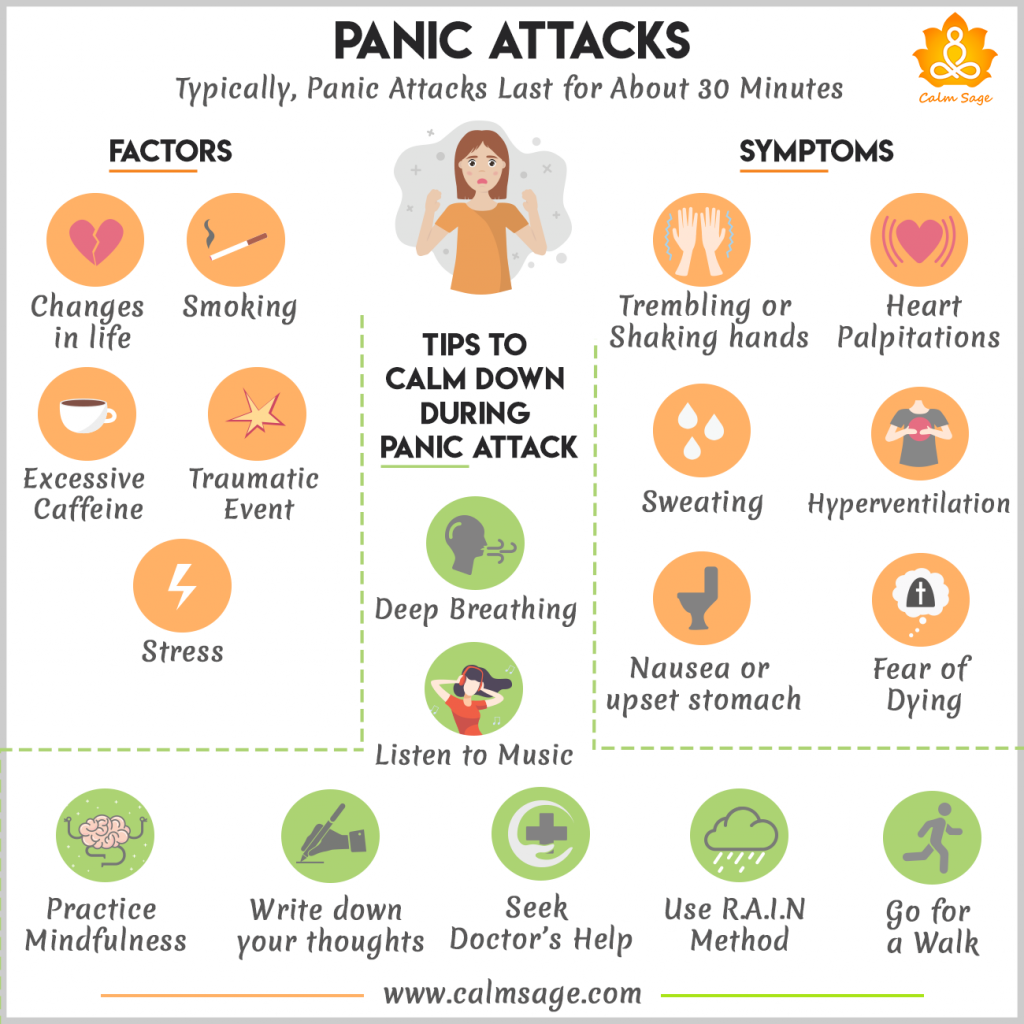
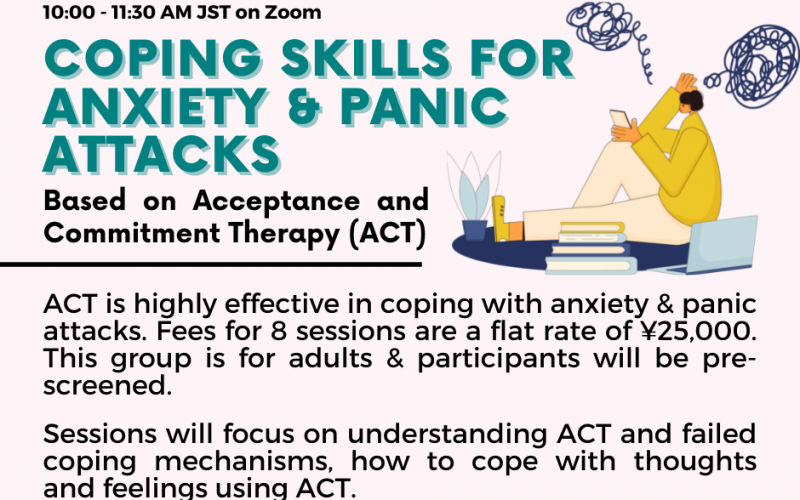


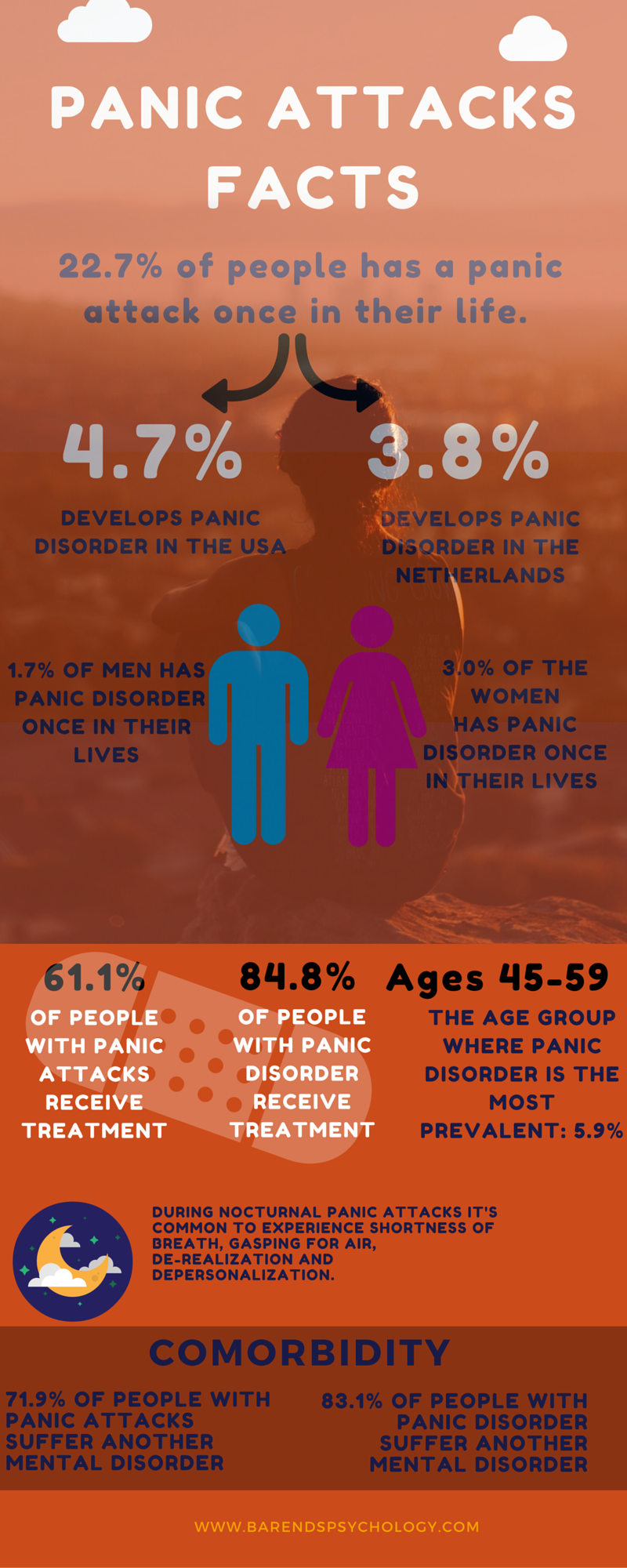

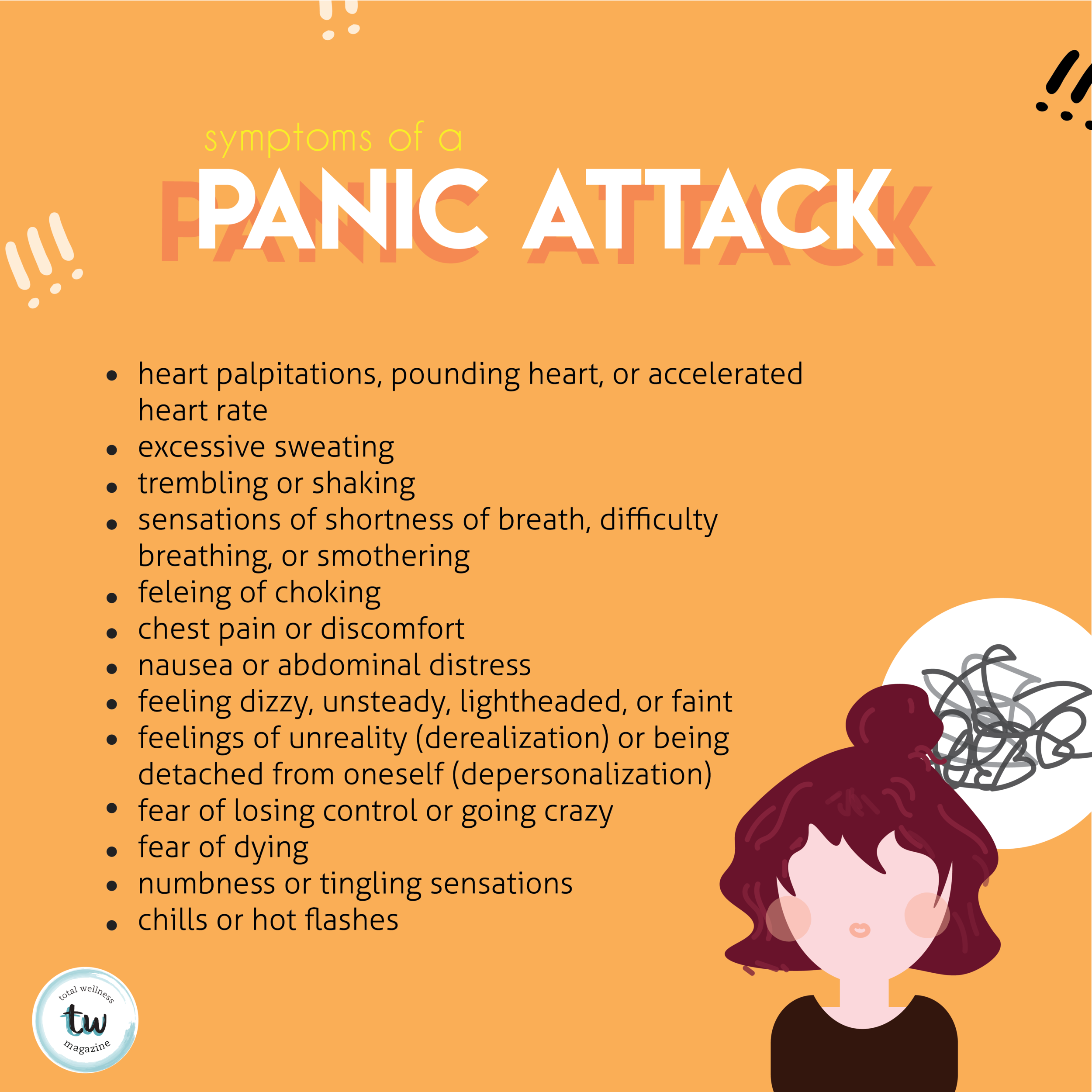
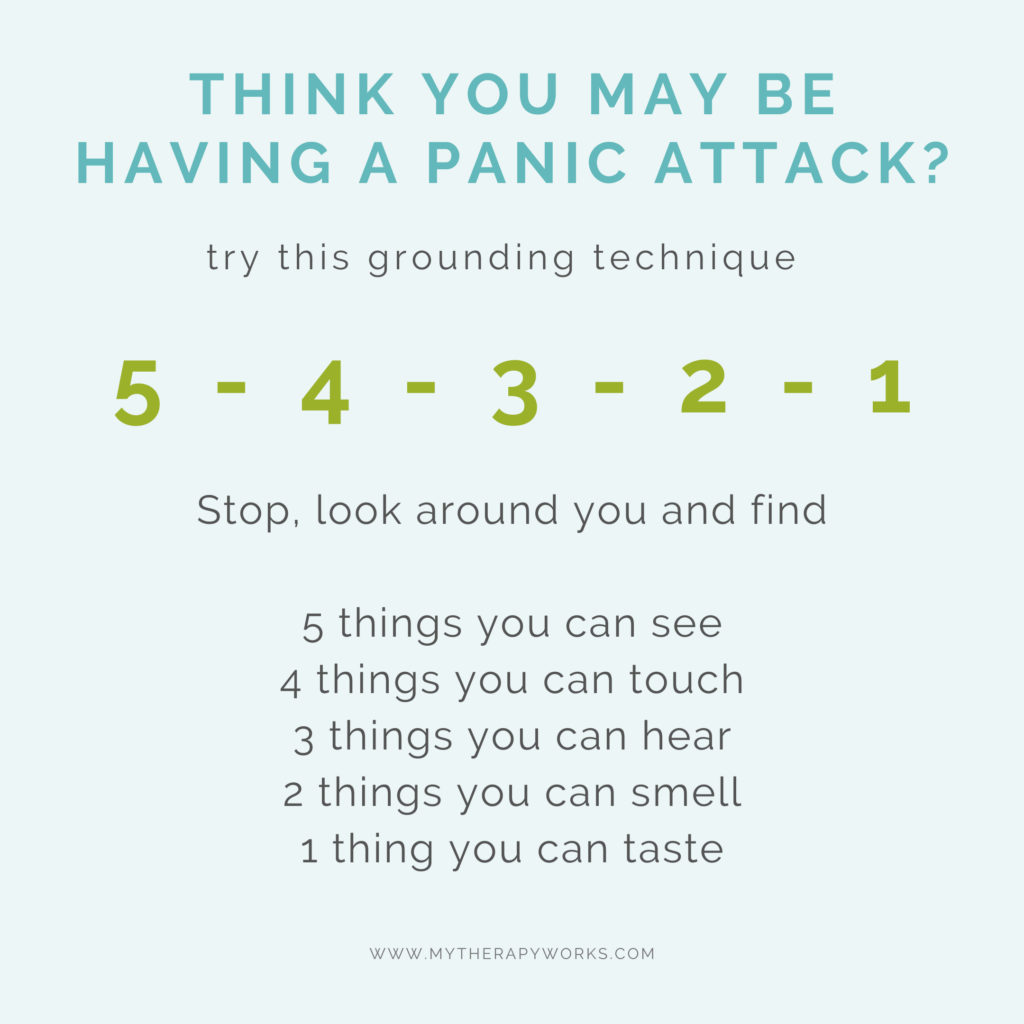
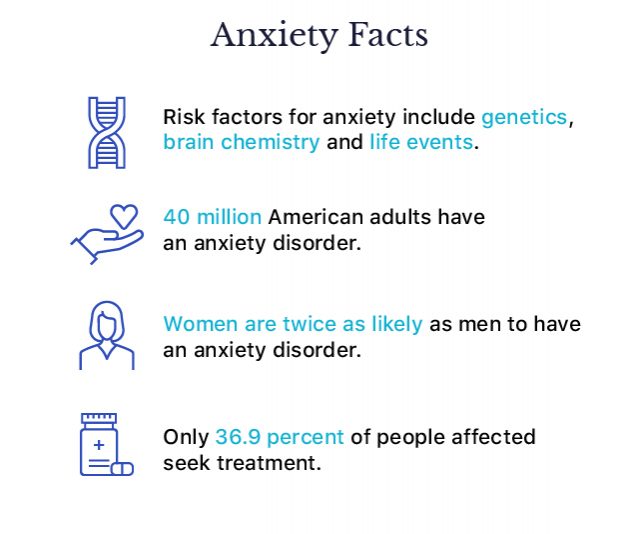
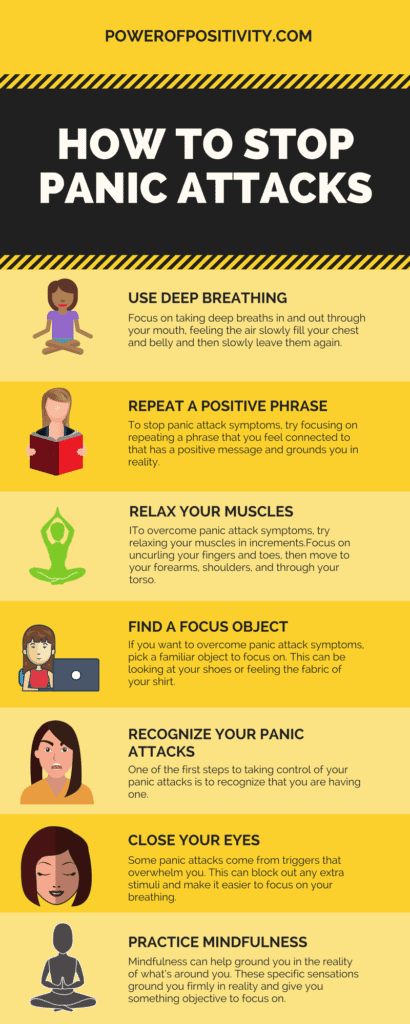
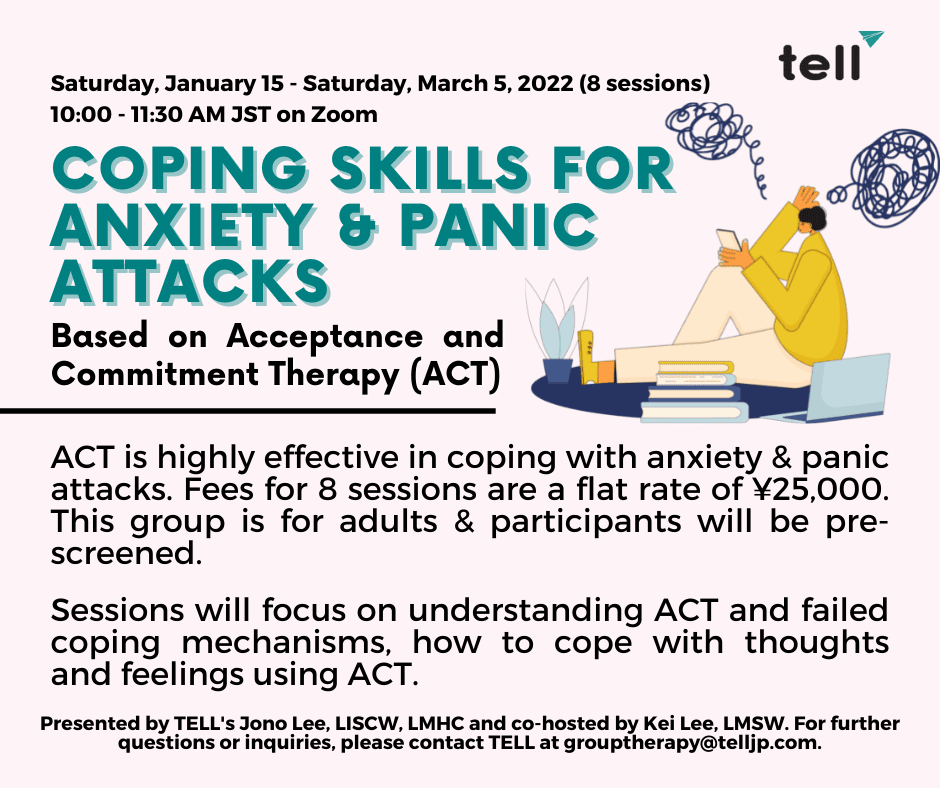

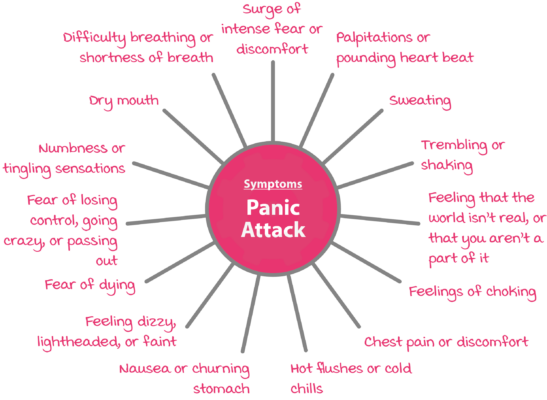
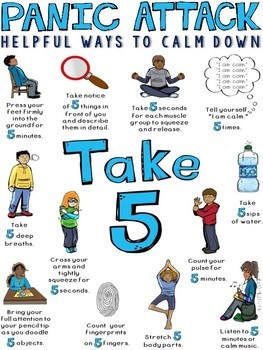
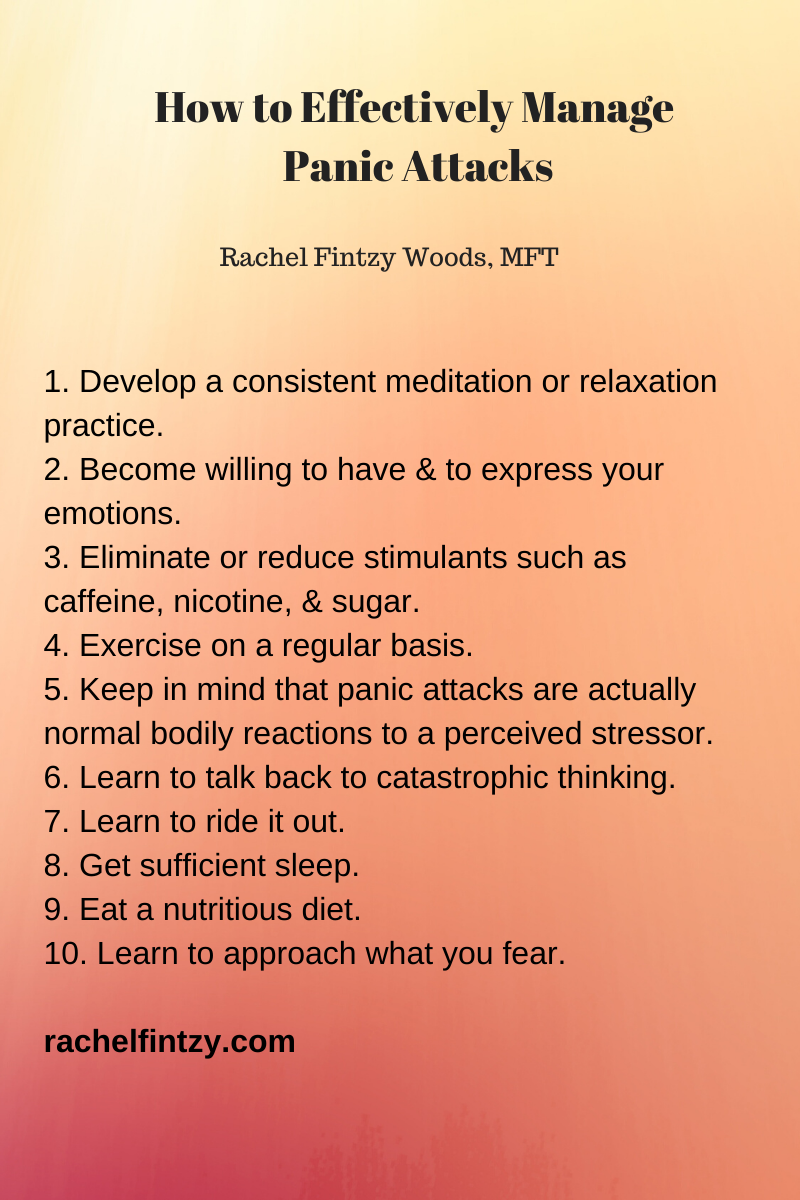


/manage-your-anxiety-2584184-01-07daf91ba6de41d19f827cf65ceef07a.png)